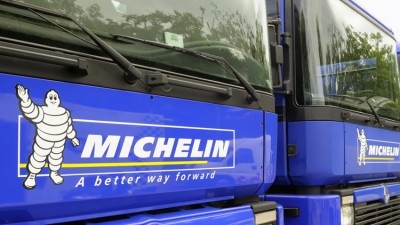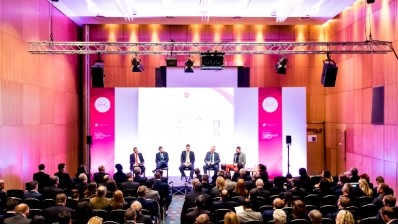ASK THE EXPERTS
Eight ways to boost direct bookings to hotel websites

Battling against OTAs is a constant struggle when you’re in the hotel business. So the question begs, how can you improve direct bookings? Making sure that you remain on top of OTAs can be hard as they are clearly marketed as the affordable option, but there are a few tricks of the trade that you can use to make sure that you keep those direct bookings on an upward trajectory:
1. Have a really strong direct booking message and include incentives:
This may seem like an obvious point, but it’s worth remembering that populating your pages with clear and concise direct booking messages is essential in maintaining and improving direct bookings. Price comparison tools are fantastic resources as they will help you combat OTA bookings. People often assume that OTA prices will always be cheaper, but displaying a ‘Price Check’ widget on your site will dispel such assumptions by showing customers that direct booking will guarantee the best rate.
2. Give stronger offers:
Robust offers are particularly important in the luxury sector, as you want to enhance the product you are selling to elevate it above market competitors. Offers are all about enhancing your product rather than discounting it. So, offering complimentary Afternoon Tea in the price of your room, rather than taking that price off the room, is a far more appealing offer because the customer is gaining something.
3. Feature channel-focused design
Ensuring that you optimise your site for every platform is essential. In Google’s 2016 Travel Trends Report it was revealed that 60 per cent of searches for destination information come from mobile devices and, as of March 2016, searches like this have increased 50 per cent year over year on smartphones. Not only that but, in the past year, conversion rates have grown 88 per cent on mobile travel sites - that is a huge demographic. So, ensuring that you have a fully responsive mobile site is crucial. Not only this, but you want to use this platform to its maximum potential e.g. having a large ‘CALL’ button across the bottom of the screen which enables customers to call your hotel direct. Customers want to do everything via the easiest route possible, so play into this.
4. Have a defensive brand strategy
It is vital to protect your brand, and defensive marketing is the way to do this. Take, for example, a certain market-leading phone manufacturer. This company is producing new products two or three models ahead of public release and with each new release, the old product becomes instantly outdated. It thus presents a moving target for competitors, who end up competing primarily against the old and already superfluous products. You want to treat your brand this way: have your offers planned ahead, so that what market competitors try to contend with is already old hat by the time they do. A defensive brand strategy also needs to be supported by defensive PPC. There’s no use in protecting your brand if you’re not backing it up by bidding on your search terms. Keep those search terms ranking with a strong product to support it.
5. Make the most of social media and email databases
Making the most of your social media and email databases will help to keep bookings up, and the leg work is already done for you. People who are engaging with your social media and signed up to your email database are clearly interested in the product you are selling. In order to maximise potential, you want to keep this particular client base on side, and the best way to keep them sweet is with offers and direct booking incentives. Simple.
6. Make use of influence marketing
Influencers (a.k.a. bloggers) are a golden marketing tool. Getting good quality, direct links back to your site from a well followed blog with good domain authority is excellent. However, what you are looking for in an influencer is authenticity. You want the review to appear organic and genuine, as a blog that is noticeably paid will not encourage bookings. A good influencer review will send customers directly to your site from multiple channels (blog/social media/email newsletter), not only giving direct bookings a much needed boost, but also raising your profile on social media etc.
7. Use heat mapping
Heat Mapping is a great intuitive tool that can help you to optimise the design of your website in order to maximise direct bookings. A heat mapping tool will show you where the majority of users are clicking on your site, and this is likely to be on the left and side (as we read left to right). However, things like the colour, size and shape of buttons will also influence clicks and heat mapping can help you to determine how fruitful these changes to design can be.
8. Focus on your price points
Creating enticing offers is all about being clever with your pricing. Market research has proven that given a choice of three offers (a low, middle and high price point) a customer will most often plump for that middle offer. They don’t want the cheapest, as that suggests lower quality; and they don’t want the priciest as that suggests potential overspending. So, using a little creative thinking, you can play to that purchasing pattern. Provide three offers, with a particularly appealing and profitable middle ground and watch the bookings roll in.
Wired Media is a specialist hotel marketing agency.





















